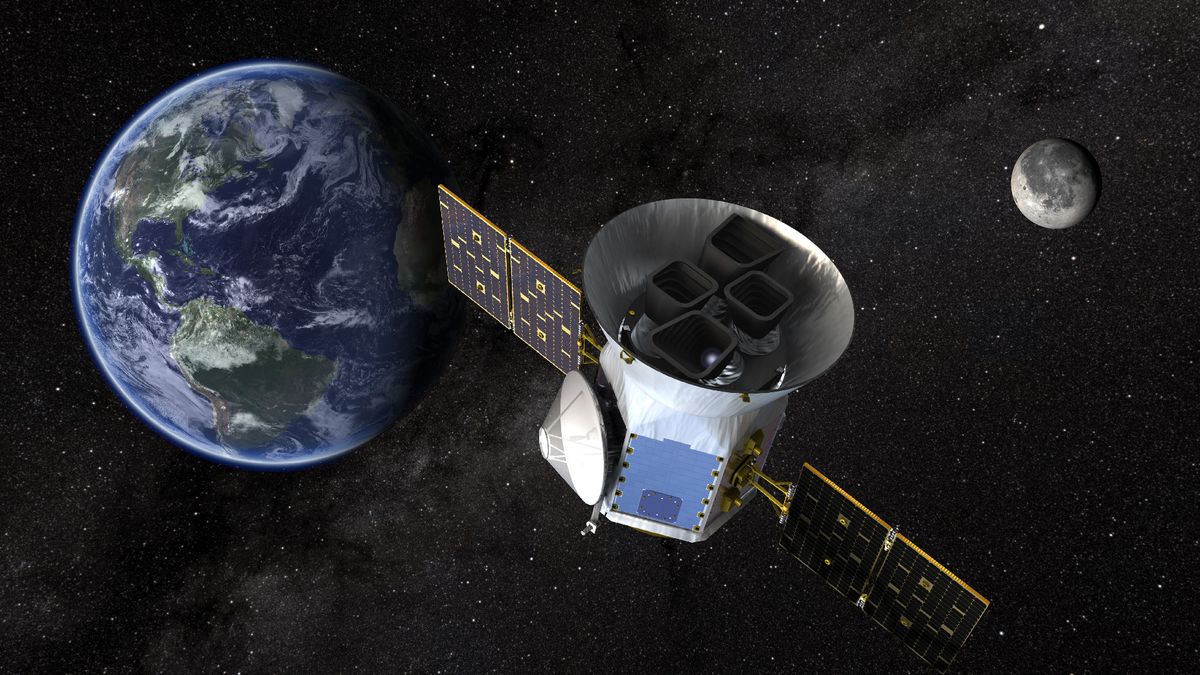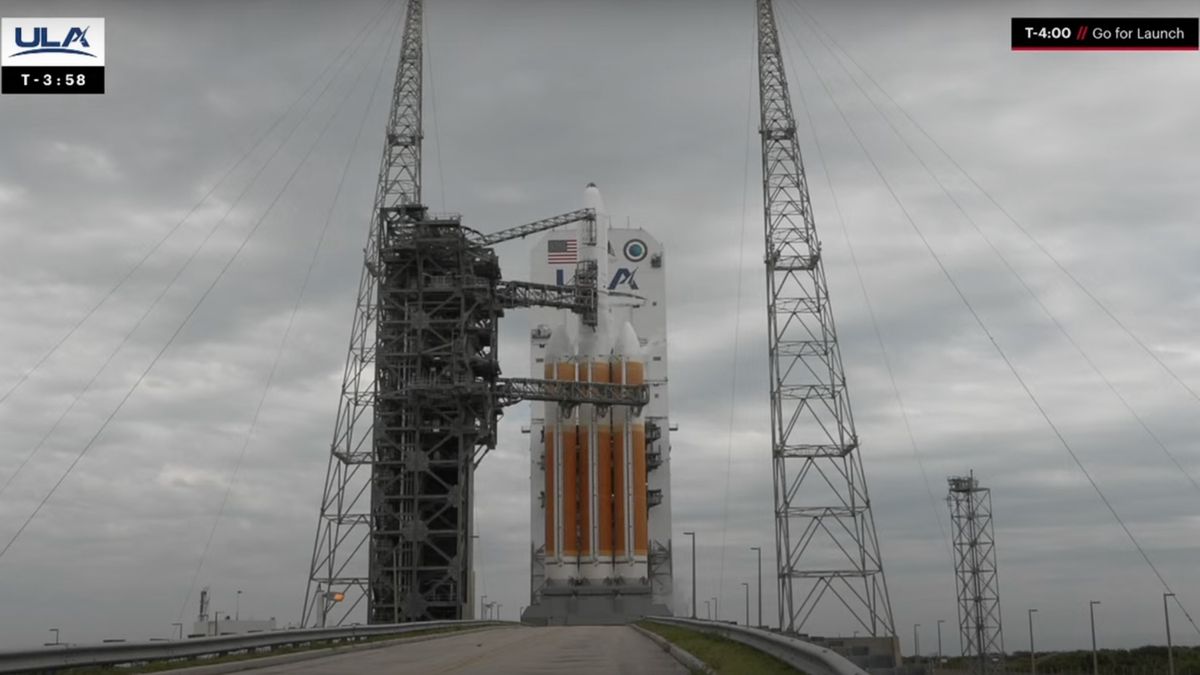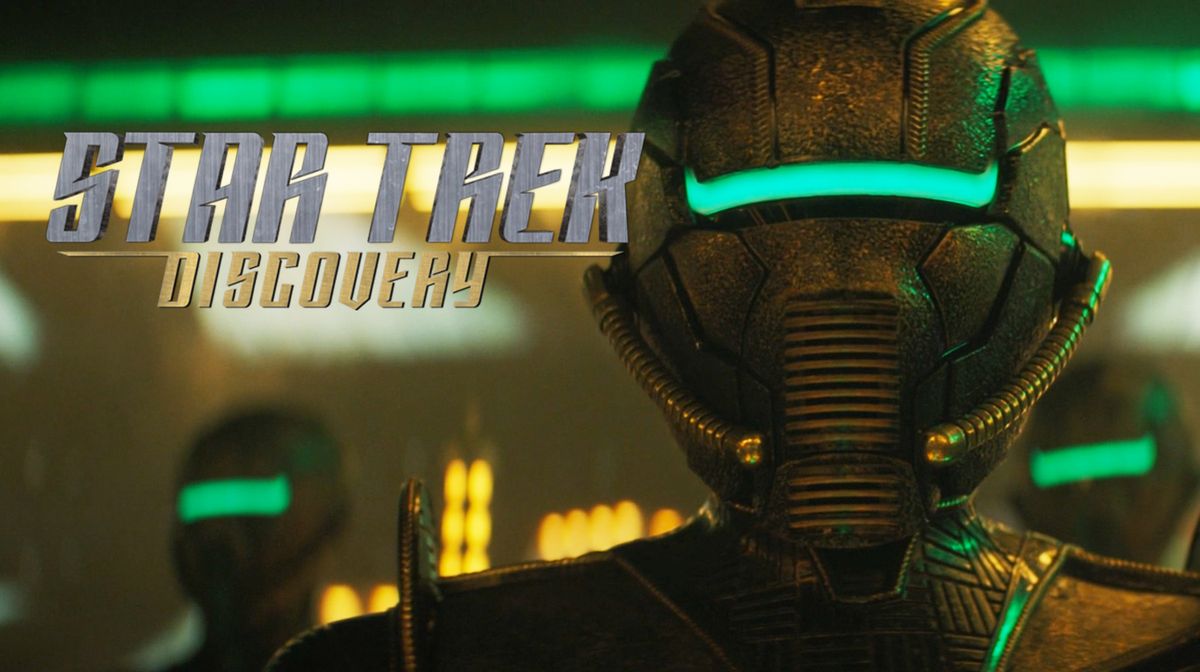NASA’s Transiting Exoplanet Survey Satellite Returns to Full Operation
NASA’s Transiting Exoplanet Survey Satellite (TESS) has emerged from a period of safe mode and is now actively engaged in the search for exoplanets, planets located outside of our solar system. TESS detects these extrasolar planets by monitoring them as they pass in front of their parent stars, causing a slight dimming in the star’s brightness. This cutting-edge satellite, launched in April 2018, had temporarily halted its operations on April 23 but has since resumed its mission.
Safe Mode Incident and Resolution
The safe mode event that led to the shutdown of TESS’s operations was linked to excessive momentum building up in the spacecraft’s reaction wheels. These vital components play a crucial role in ensuring that TESS remains properly aligned during its observations. This incident followed a previous episode in which TESS went offline on April 8 due to issues with the propulsion system.
Although the second safe mode event was resolved by depressurizing the propulsion system, the underlying cause of the initial shutdown in April remains under investigation by NASA and the Massachusetts Institute of Technology (MIT) experts. Despite these challenges, TESS’s operating team remains committed to solving any issues that may arise to ensure the satellite’s continued success.
TESS’s Remarkable Discoveries
As one of NASA’s flagship missions, TESS has achieved significant milestones in its exploration of exoplanets. In July 2020, TESS completed its primary mission and subsequently concluded its first extended mission in September 2022. The satellite is currently in its second extended mission phase, during which it continues to make groundbreaking discoveries.
One such discovery was TESS’s detection of a rogue exoplanet, a planet that travels through space without being tethered to a specific star. This unique find was made possible by TESS’s advanced technology, which allowed it to observe the subtle brightening of a distant star as the rogue exoplanet passed in front of it.
Call for Scientific Community Input
Despite the recent technical challenges faced by TESS, NASA remains committed to advancing the field of exoplanet research. To further this goal, NASA has issued a call to the scientific community for input on potential investigations to be prioritized during TESS’s upcoming third and fourth extended mission periods. This collaborative approach underscores NASA’s dedication to expanding our knowledge of the universe through innovative space exploration.
TESS’s resilience and ongoing contributions to the study of exoplanets highlight the critical role of cutting-edge technology in unlocking the mysteries of the cosmos. As the satellite continues its mission, scientists and space enthusiasts alike eagerly await the next groundbreaking discoveries that TESS will unveil.
Image/Photo credit: source url





